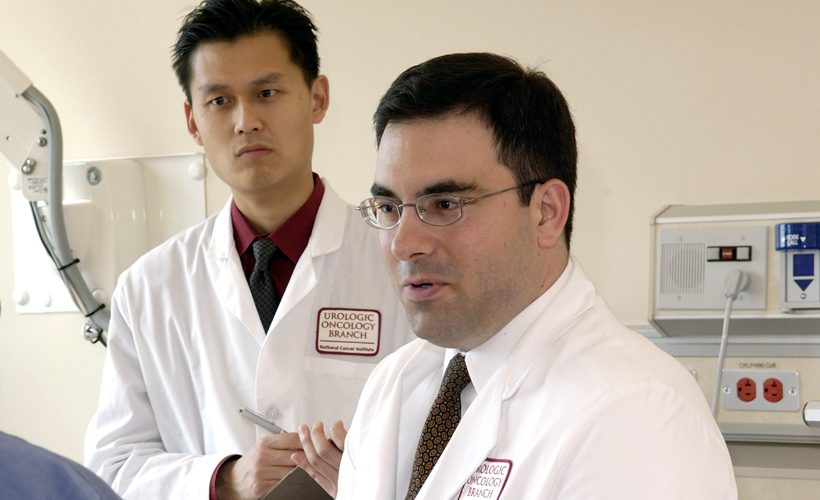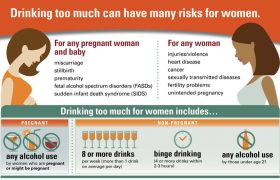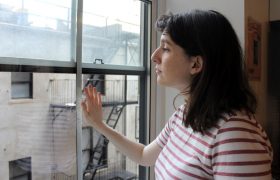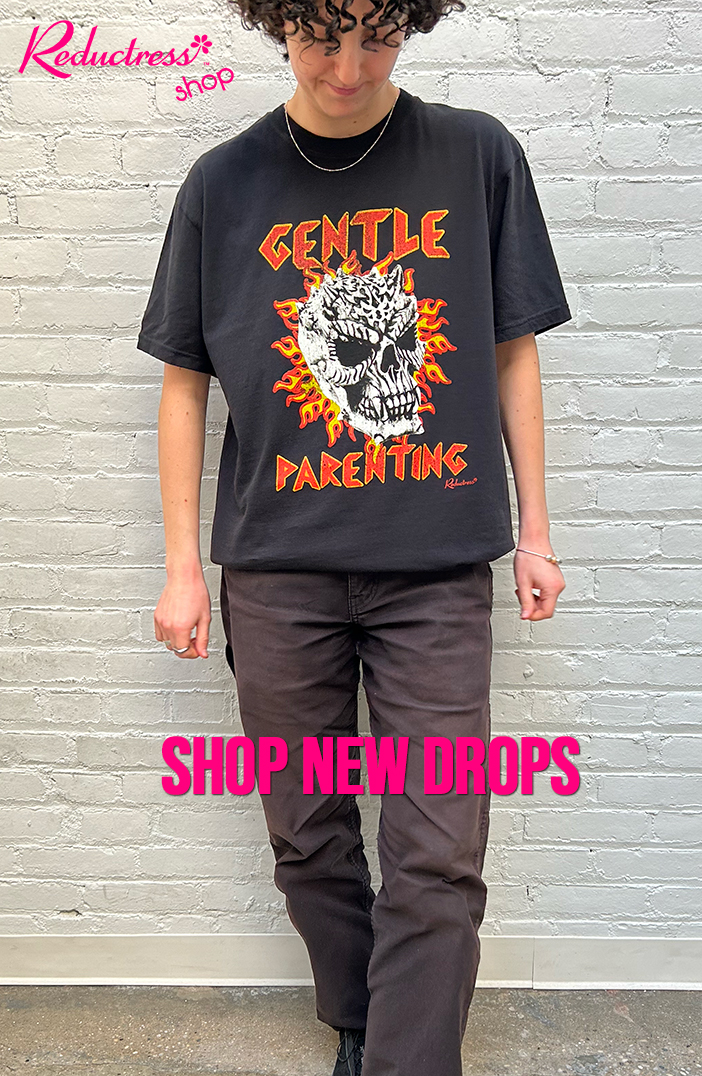With the Covid-19 vaccine on the horizon, many Americans are wondering where exactly they will fall in terms of the priority of vaccination. Many doubts and uncertainties linger, but the Centers for Disease Control and Prevention have brought some clarity to the issue with their recommendation that people who pronounce it “onvelope” be vaccinated last.
“So much thought has gone into determining who should be first to get the vaccine,” says CDC spokesperson Elena Rabal. “Of course you’ve got your essential workers, your immunocompromised, your super old. But there’s still that nagging question of who should be absolutely dead last, and that’s where we landed on those who insist on calling envelopes ‘onvelopes’.”
“Really if it were up to us, and this is on the record — this is a press conference, so maybe that’s obvious, but I just want to be super clear — we would say people who pronounce it ‘onvelope’ should never get the vaccine,” Rabal adds. “I mean, ‘onvelope’, what is that? Is it Canadian? Are you British? Either way, everyone gets to get it I guess so we say give it to them last.”
While the Center is firm and unequivocal in their stance, some are taking issue with their recommendation.
“This just seems highly arbitrary and astonishingly judgmental,” says a small business owner, Thea Rudolph. “How can you determine someone’s right to potentially life-saving preventative healthcare by the way they pronounce a word?”
She clearly pronounces it ‘onvelope’, but even putting that aside, the CDC claims their reasoning is more complex and thoughtful than this admonishment would suggest.
“We’re not trying to deprive people of the vaccine simply because we think the way they say envelope is weird and annoying and bad,” says Rabal. “That would be absurd. Rather, we’ve made an intuition-based determination that people who say ‘onvelope’ are more likely to have antisocial personalities, so we’re not eager to get them vaccinated and back in the mix in society, for everyone’s sake.”
“It’s not a perfect system,” Rabal adds. “But, you know, this is the United States after all.”





